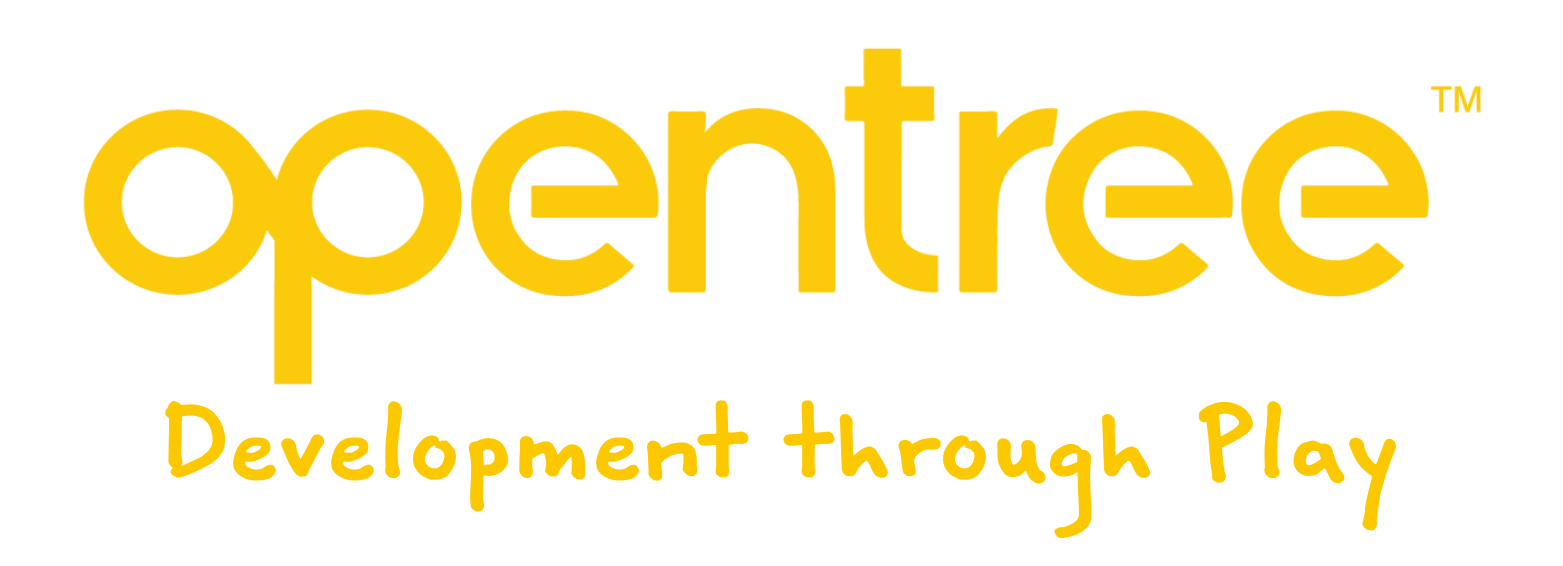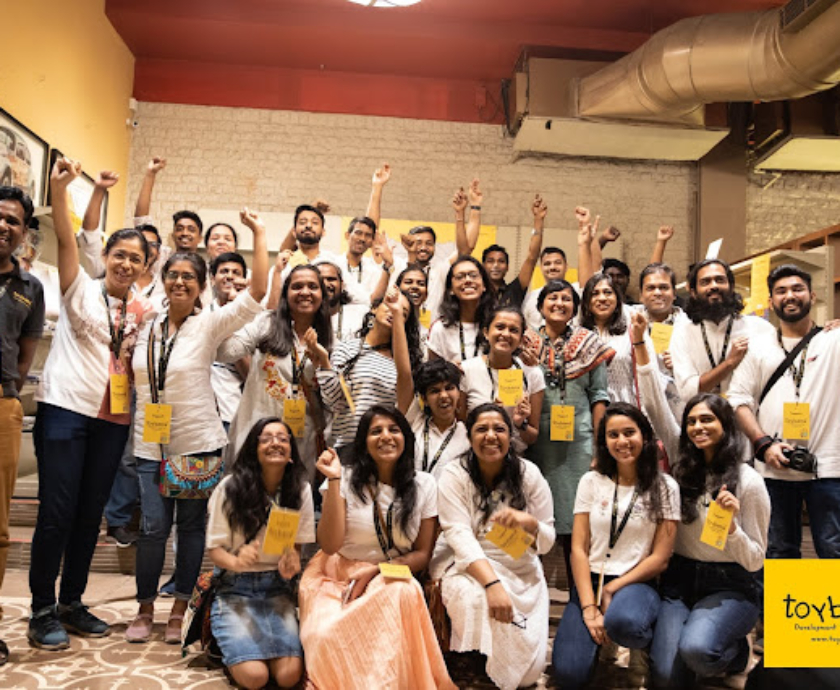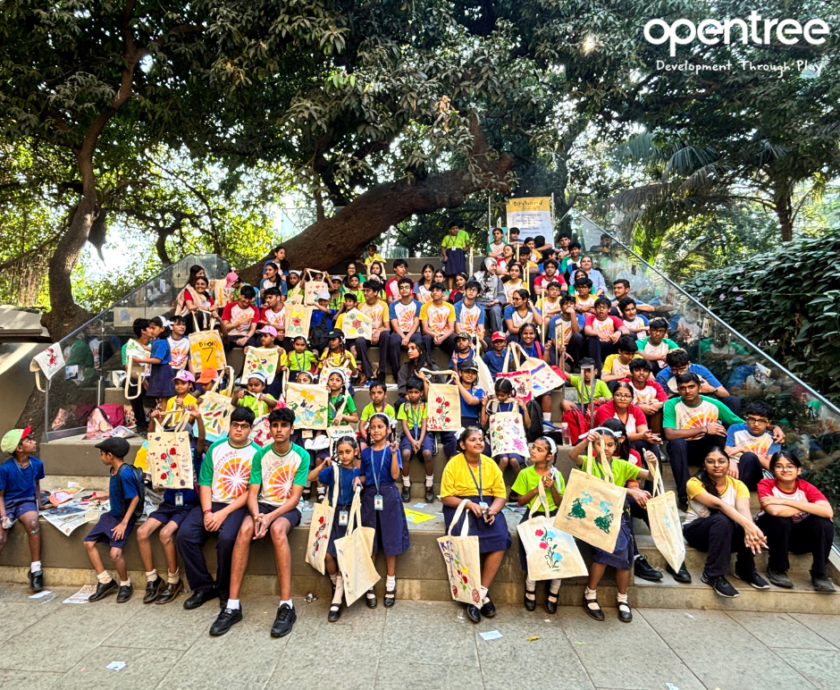Most of us would have tried our hand at a game of chess at some point, but many do not know that children as young as three to five years can benefit from playing the game. They learn to strategise, analyse, and decode while developing foresight and comprehension skills while playing this ancient board game. Created almost 1500 years ago in India, this popular game has shown an increase in concentration, memory, logical thinking, problem-solving skills and creativity. Chess has thrived for centuries and today we have international championships and acclaimed Grandmasters of the game, all under the watchful eyes of the International Chess Federation(FIDE), who have the final word on the rules and regulation of the game.
India Story
With Grandmasters like Vishwanathan Anand and Praggnanandha, Chess is played very widely across India and is especially loved by children. Currently, there are around 40 Grandmasters below the age of 15 years with Gukesh D who took the title of India’s youngest GM at 12 years, 7 months and 17 days, succeeding Praggnanandhaa who held the record at 12 years and 10 months since June of 2018.
Game Play
A game of chess can last from a few seconds, known as blitz or rapid, to hours or even days, when played in its long format. The game can be roughly divided into three stages: Opening, Middlegame and Endgame. While the Openings are more about learning different theories to position one’s chess pieces strategically on the board, the Endgame is mastering the winning moves after most pieces have been exchanged. The Middlegame is where the player can unleash his strategic thinking and creativity and play some signature moves.
Chess is a well-loved board game at Toybank’s Play2Learn centres with children from 10 years onwards getting introduced to the various nuances of this exciting mind game that requires patience as well as stamina. Even our volunteers are active proponents of this game and join our play sessions to teach our kids the ropes of winning.
Photo credit: Pixabay












